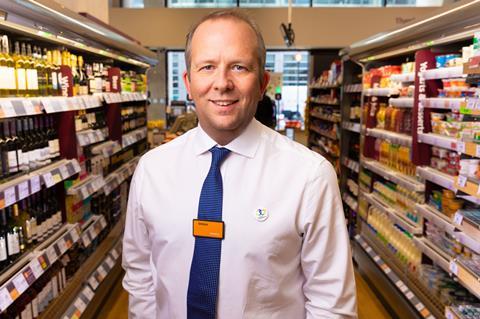In response to growing consumer expectations and environmental concerns, Sainsbury’s, one of the UK’s leading supermarket chains, has announced ambitious new sustainability initiatives aimed at reducing its carbon footprint and promoting ethical sourcing practices.
Table of Contents
ToggleCarbon Neutral Commitment
A cornerstone of Sainsbury’s new sustainability strategy is its pledge to achieve net-zero carbon emissions across its operations by 2035. This commitment builds upon the supermarket’s existing efforts to reduce greenhouse gas emissions, which have included investments in energy-efficient technologies and renewable energy sources.
To achieve this goal, Sainsbury’s plans to further enhance energy efficiency in its stores and distribution centers, invest in renewable energy projects http://the georgiabulletin.com, and explore innovative solutions for reducing emissions throughout its supply chain. These efforts are expected not only to mitigate environmental impact but also to strengthen the company’s resilience against climate-related risks.
Promoting Sustainable Sourcing
Beyond reducing its carbon footprint, Sainsbury’s is also focusing on promoting sustainable sourcing practices. The supermarket aims to source all key raw materials, such as palm oil, soy, and cocoa, sustainably certified by 2025. This commitment underscores Sainsbury’s dedication to protecting biodiversity and supporting responsible farming practices globally.
Furthermore, Sainsbury’s is working closely with its suppliers to ensure adherence to high environmental and social standards, thereby fostering transparency and accountability throughout its supply chain. This approach is crucial in meeting the growing consumer demand for ethically sourced products and in driving positive change within the industry.
Consumer Engagement and Education
Recognizing the pivotal role of consumers in driving sustainable change, Sainsbury’s is also ramping up its efforts to educate and empower shoppers to make more sustainable choices. Initiatives include promoting plant-based alternatives, reducing food waste, and offering clearer labeling to help customers make informed decisions about the environmental and ethical impact of their purchases.
Through these initiatives, Sainsbury’s aims not only to meet regulatory requirements but also to exceed consumer expectations for corporate responsibility and sustainability. By integrating sustainability into its core business practices, Sainsbury’s is positioning itself as a leader in the retail sector’s transition towards a more sustainable future.
Looking Ahead
As Sainsbury’s continues to implement its sustainability strategy, the supermarket remains committed to ongoing collaboration with stakeholders, including customers, suppliers, and environmental organizations. By working together, Sainsbury’s believes it can drive meaningful progress towards its sustainability goals while delivering value to both shareholders and society at large.
In conclusion, Sainsbury’s ambitious new sustainability initiatives mark a significant step forward in the supermarket’s commitment to environmental stewardship and corporate responsibility. By setting clear targets and embracing innovation, Sainsbury’s is not only positioning itself as a leader in the retail industry but also inspiring positive change throughout its supply chain and beyond.

